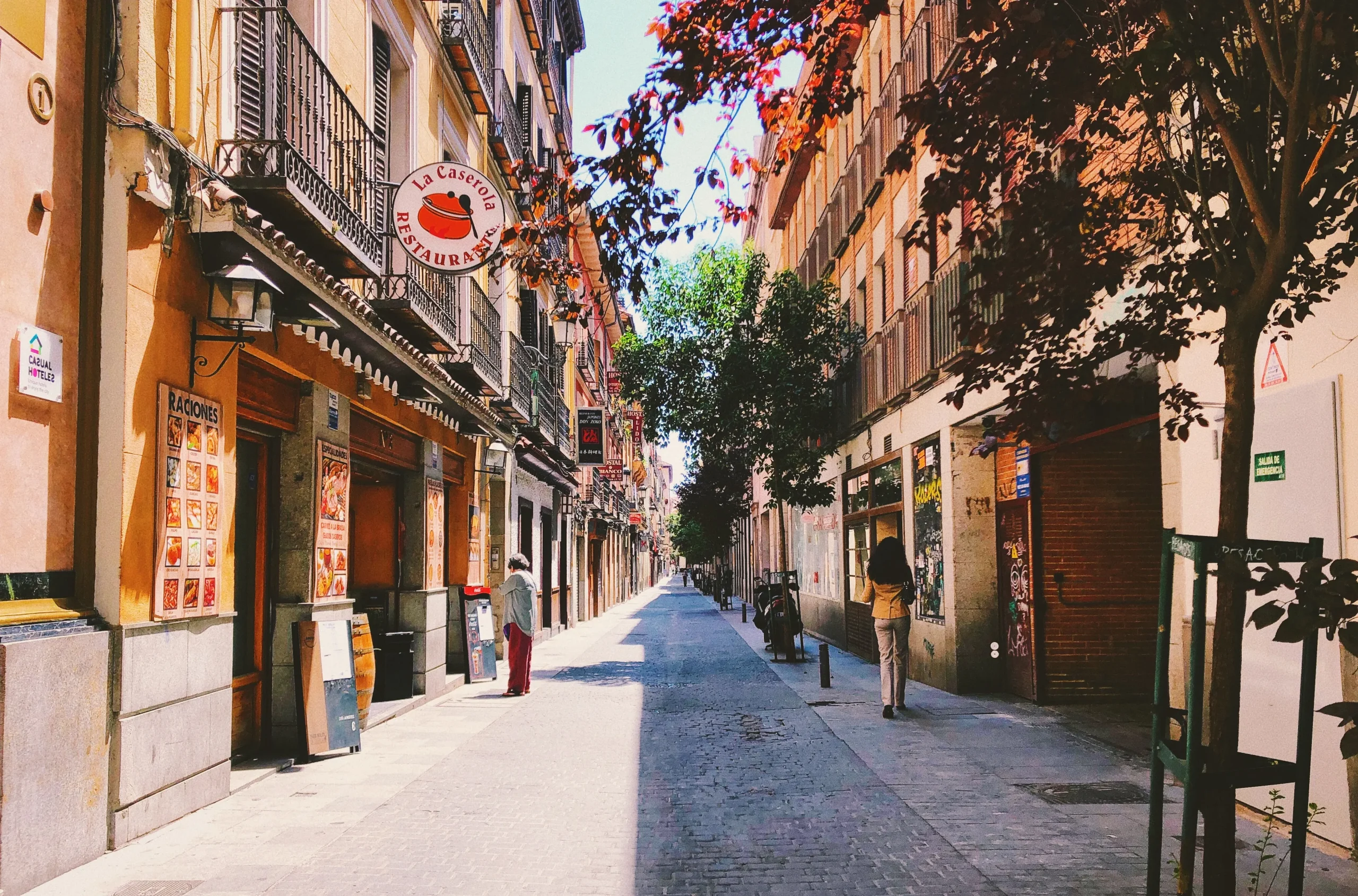Social housing in Spain 👈🏠
What is social housing?
Social housing or “Vivienda de Protección Oficial” (VPO) is a type of housing promoted by the Spanish public administration. The administration or private builders/developers offer housing at a price below market value if certain requirements and obligations are met. In Spanish, Social housing is also known as “Vivienda con Protección Pública” or “Vivienda Protegida”.
The objective is to enable citizens with lower incomes to acquire or rent decent and adequate housing at affordable prices.
Requirements to obtain social housing
Who can be granted social housing in Spain?
In general terms, for a property to be classified as social housing, the public administration establishes a series of legal requirements both for the property and for the buyer.
Requirements that properties have to comply with are but are not limited to:
- Maximum size
- Price
Regarding the requirements of the buyer, we can highlight the following:
- Income, typically expressed in multiples of the IPREM (Public Index of Multiple Effect Income “Indicador Público de Renta de Efectos Múltiples”),
- non-availability of another property,
- census registration in the territory governed by the administration.
When the number of potential buyers exceeds the number of social housing on offer, the authorities usually [rifan] ]to decide on allocations.
⚠️ Note that the different Autonomous Communities in Spain have legislated on this matter, so keep in mind that there is no uniform regime throughout the country.
Classification as social housing ✅
When properties are classified as social housing, both the buyer and the builder/developer receive certain benefits and obligations.
In addition, during the time the properties are classified, they must comply with certain legal obligations.
👉 Benefits and obligations for the buyer
- The main benefit you get is access to a home at a price significantly below the market price. On many occasions, you could also obtain economic aid or subsidies for the purchase.
- Regarding obligations, social housing has special rules. First of all, you must use the property as your habitual residence. Second, if at some point you want to sell the house, the selling price will be set by the administration, which also has a preferential right of purchase.
👉 Obligations of the builder or developer.
- The builder or developer undertakes not to sell the property above a maximum price set by the administration. Generally, the prices are usually much lower than the market value.
- Regarding the benefits, the developer will receive assistance in financing part of the project. Such assistance may be the financing of up to 80% at a low-interest rate. In many cases, governments impose on the builder the construction of social housing as a condition to allow the construction of free housing.
Disqualification ❌
Depending on the Royal Decree to which they are subject, the type of housing they are, or the subsidies received (direct, agreed or subsidized loans, etc.) the protection of social housing can last between 15 and 50 years. However, once this period has elapsed, the housing automatically or informally becomes free.
As a general rule, after 15 years and one day has elapsed, it is possible to voluntarily disqualify the property. This process entails the return of the recognized financial assistance. In many cases, this may involve the exemption of the Stamp Duty Tax, and reduction of IBI tax during the first years, among others.
The body in charge of carrying out the disqualification process is the Administration in charge of Housing in the corresponding Autonomous Community and municipality.
In the case of Madrid, the General Directorate of Architecture and Housing and the Madrid City Council are responsible for the process. You will also have to go to the Consejería de Transportes, Movilidad y Agenda Urbana (former Ministerio de Fomento) and the Consejería de Hacienda de la Comunidad de Madrid.
– Deadlines: This process can take about five months, and it is impossible to know the exact amount to be refunded until we initiate it. But if once initiated we decide to abandon it, we are not obliged to do so. These amounts can range from 0 euros to 30,000 euros.
It is important to keep in mind that not all social housing can be disqualified. For example, public protection housing (VPP) or those subject to Royal Decree 801/2005 cannot be disqualified. However, this does not mean that you cannot sell them, but that you will have to sell them at a higher price. In those cases, the price will be established by the corresponding Autonomous Community.
Types of social housing
- Publicly promoted social housing: When the promoter of the project is the public administration itself. In other words, it is a public entity that manages the purchase of the land, financing, and construction.
- Privately promoted. On the other hand, when the developer is a private entity, it is referred to as privately promoted social housing.
Have further questions? Leave a comment below!👇👇



